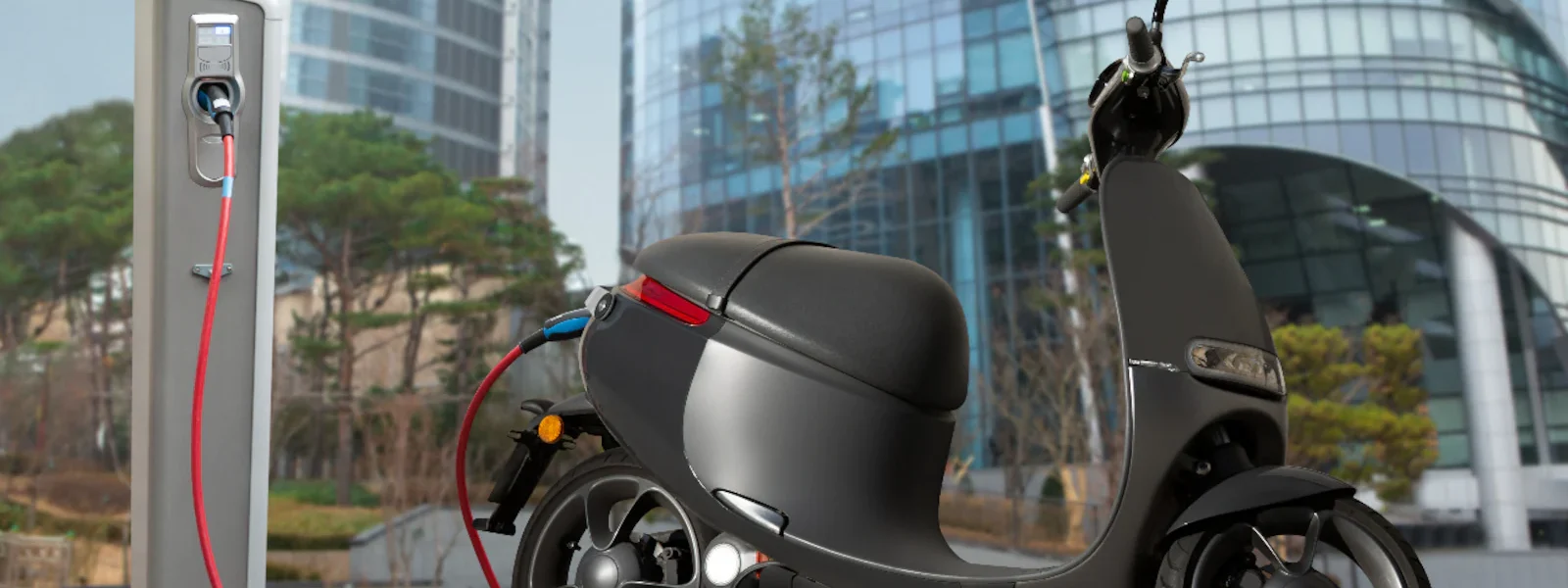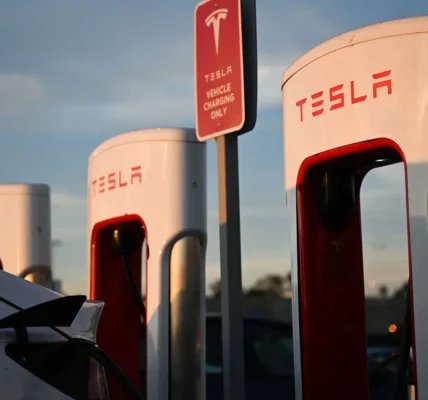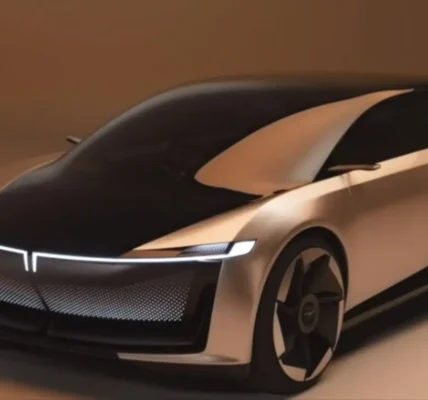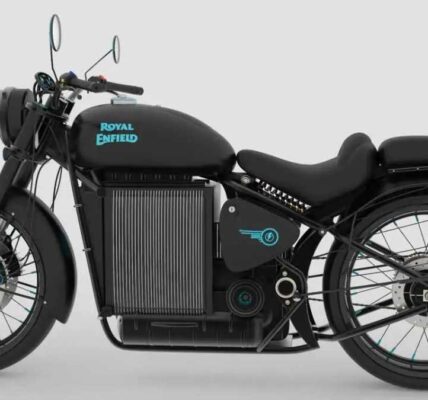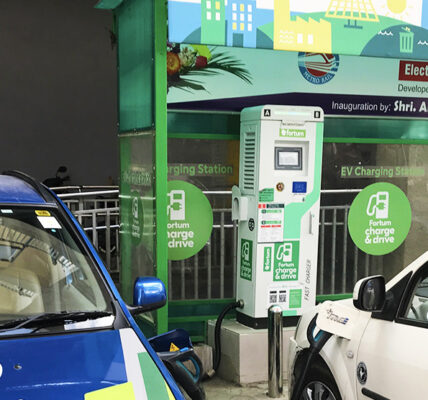India is a rapidly growing economy that is transforming into a manufacturing hub for various sectors. In recent years, the Indian government has been promoting local production and reducing imports, and this strategy is being implemented in the electric vehicle (EV) industry as well. The Indian government aims to achieve 100% local production of EVs under the ‘Make in India’ initiative.
The Indian EV industry is still in its early stages but has been growing rapidly. According to reports, India’s EV market is expected to reach 17 million units by 2030, with 80% of new vehicle sales being electric by 2040. However, the sale of electric vehicles in India was only around 1 million units in 2022, which is just a small fraction of the total number of vehicles sold in the country. Nonetheless, with the Indian government’s ambitious target of achieving 30% electric mobility by 2030, the EV industry is expected to grow significantly in the coming years.
To drive local production, the Indian government has announced several incentives for EV manufacturers. The Faster Adoption and Manufacturing of (Hybrid &) Electric Vehicles in India (FAME India) scheme was launched in 2015 (phase II launched in 2019) to promote the adoption of electric and hybrid vehicles in the country. Under the scheme, incentives are provided to EV manufacturers and buyers to encourage the adoption of EVs. The scheme has been extended till 2024 with a total budget of INR 10,000 crore (approximately USD 1.3 billion).
Apart from incentives, the government has also introduced policies to promote local production of EV components. In March 2021, the Production Linked Incentive (PLI) scheme was launched, providing incentives to manufacturers of EV components such as lithium-ion batteries, electric motors, and EV chargers. The scheme aims to attract investments worth INR 18,100 crore (approximately USD 2.4 billion) and create job opportunities in the EV industry.
However, one of the major challenges faced by the Indian EV industry is the lack of charging infrastructure. According to a report by the Society of Manufacturers of Electric Vehicles, India had around 1,800 EV charging stations as of March 2021. But, the government aims to set up at least one charging station every three kilometers in cities and every 25 kilometers on highways. To achieve this target, the government has announced the deployment of 69,000 public EV charging stations across the country. This is where we may see silver lining in the electric two-wheelers segment as this segment has a lower charging requirement compared to four-wheelers, and this helps in mitigating the issue of charging infrastructure and faster adoption of electric two wheeler.
Apart from government initiatives, several Indian companies are also working towards promoting local production of EVs. They are adopting sustainable practices in their production process to reduce their carbon footprint.
The local production of EVs has the potential to create job opportunities, reduce air pollution, and contribute to the country’s economic growth. The Indian government’s aim to achieve 100% local production of EVs is a significant step towards promoting local manufacturing and reducing imports. This will not only create job opportunities in the EV industry but also encourage the development of a local EV component industry, which will further strengthen India’s manufacturing capabilities.
Moreover, the growth of the Indian EV industry will have a positive impact on the environment. The use of EVs will reduce the emission of harmful pollutants and greenhouse gases, contributing to India’s efforts to combat climate change. Additionally, the development of charging infrastructure will encourage more people to adopt EVs, further reducing the use of fossil fuels and promoting a sustainable mode of transportation.


